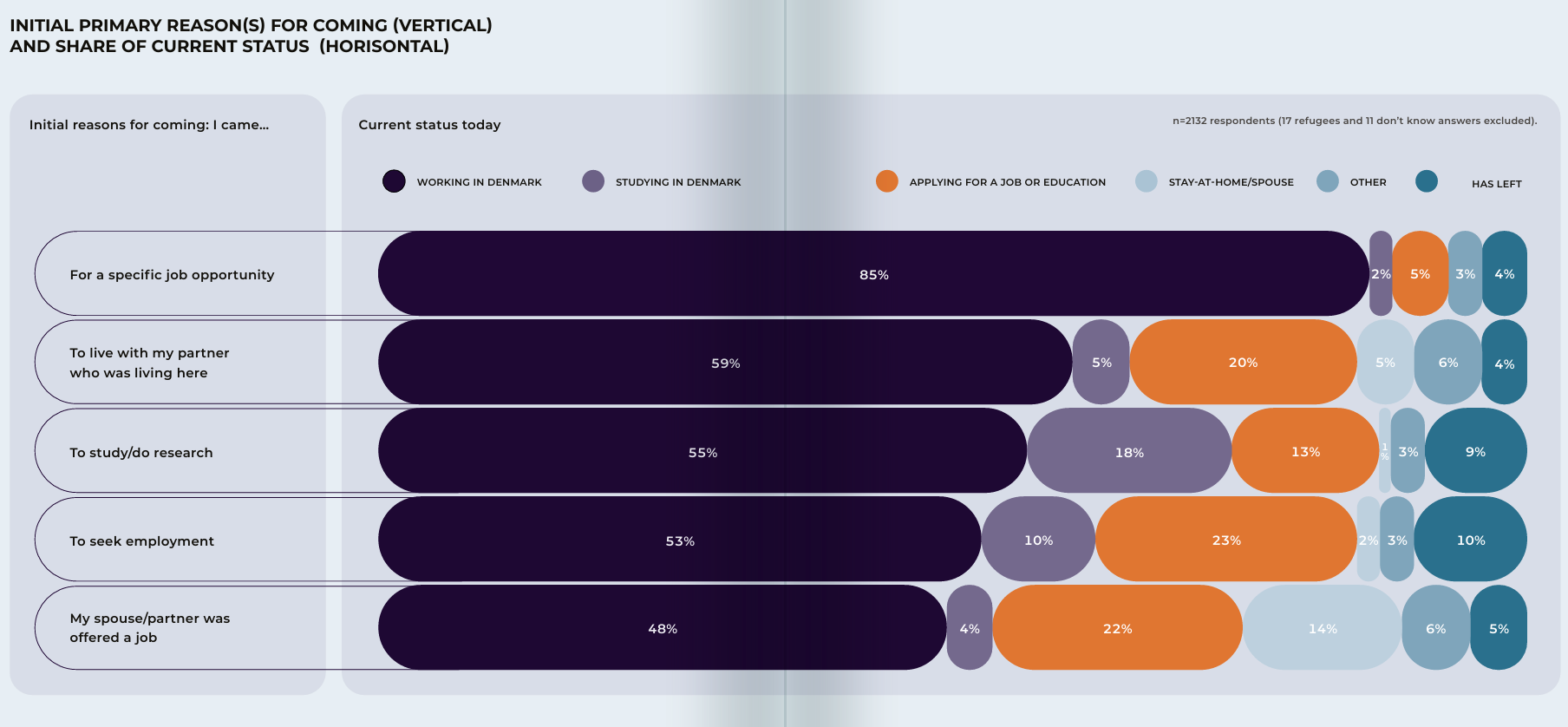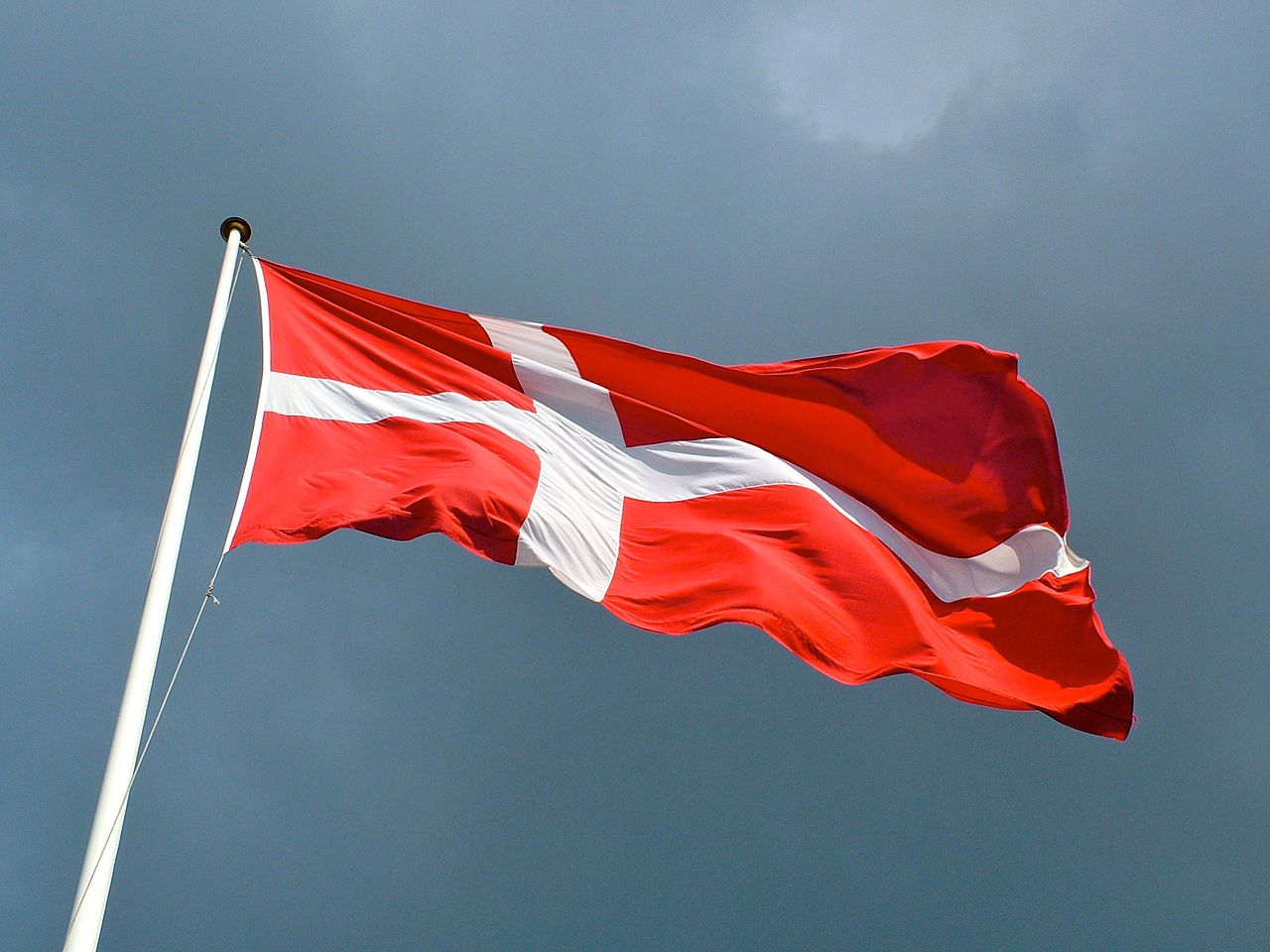Both the Danish national bank and the economy minister support joining a new European banking union that is only compulsory to join for members of the Eurozone.
According to the European Commission's proposal, the new union will hand oversight responsibility of the 6,000 banks in the 17-country Eurozone to the European Central Bank.
The ten non-Euro countries in the EU, including Denmark, will not be included in the union though most are prepared to join if it would mean greater stability in the banking sector.
Nils Bernstein, CEO of Denmark’s national bank, Nationalbanken, stated in a press release that he supported the proposal for a transnational supervising body for the banking sector.
“If [the union] is established, it could easily strengthen trust in the European banking sector which would be difficult for Denmark to stand outside of. From this point of view, it's important that we engage constructively with the negotiations of the proposal.”
Announcing the proposal to the European Parliament, European Commission president Manuel Barroso said that the new union was needed to help stave off another banking crisis.
“The crisis has shown that despite banks becoming more transnational, the oversight is still national,” Barroso said. “And when things go wrong it is the tax payers that have to pay. That is why we need a common oversight mechanism.”
In Cyprus last week at a gathering of European ministers, Danish economy minister Margrethe Vestager (Radikale) said that while many non-Euro countries were considering joining the union, it was not obvious how it would work.
“It’s actually rather tricky,” Vestager told Ritzau. “The way that the proposal has been made means it follows the ECB’s rules. This means that only Euro countries have influence. And they actually cannot simply invite us to have influence.”
According to Vestager, it would not be acceptable for Denmark to join a union without having influence over how it is run. And despite initial fears that non-Euro countries would have no influence, there are indications that a compromise could be found to allow influence by non-Euro countries – a move which would benefit everyone, according to Vestager.
"We have to consider the ability for Danish banks to compete," Vestager told Jyllands-Posten. "If we don't join then we risk higher interest rates that would be passed onto consumers."
Among the ECB’s new oversight powers would be the right to grant and revoke banking licences, a power that MEP Morten Messerchmidt (Dansk Folkeparti) argues would mean losing sovereignty.
“It is the job of Danish authorities to decide whether a bank can operate as a business,” Messerschmidt told Ritzau.
“If these sorts of decisions are transferred to the EU then there is no doubt that Danes will be heading to the ballot box.”
Europe’s ability to fight off financial crises was also strengthened last week after the final hurdle in the implementation of the €500 billion bailout fund, the European Stability Mechanism (ESM), was cleared.
This occurred when Germany’s constitutional court dismissed a challenge that would have prevented them from ratifying the fund.











